Music review: VSO launches 107th season with long-awaited Alexander Malofeev debut
Program mixed monumental moments with the rising star pianist’s gift for light, crystal-clear intonation
Alexander Malofeev with the VSO.
Alexander Malofeev. Photo by Liudmila Malofeeva
The Vancouver Symphony Orchestra presented Alexander Malofeev at the Orpheum on September 12 and 13
THE VANCOUVER SYMPHONY Orchestra began its season with much to discuss and plenty to anticipate.
That started with musicians handing out pamphlets at the Orpheum entrance, all dressed in bright-blue T-shirts and speaking up about ongoing contract negotiations. (They’ve been without a contract since June 30.) And it extended to a long-awaited Vancouver debut of a rising star who more than lived up to expectations.
The renowned orchestra launches its 107th season under the banner “Ignite your imagination.” In her program note, VSO president and CEO Angela Elster frames the theme as a celebratory call to spark creativity. Appropriately, the opening night program had a cosmic, skyward-bound motif with its selection of Missy Mazzoli’s Sinfonia (for Orbiting Spheres) and Richard Strauss’s Also sprach Zarathustra, Op. 30, alongside the triumphant Piano Concerto No. 1 by Tchaikovsky. After a brief welcome from Elster, music director Otto Tausk took the stage, turning our attention to this evening’s music.
Sinfonia (for Orbiting Spheres) was noted in the program as “music in the shape of a solar system, a collection of rococo loops that twist around each other within a larger orbit”. Yet that description failed to convey the kinetic experience of the piece as it reverberated through the Orpheum. Its unique structure drew upon the circular movement of solar systems, while the contrast between floating strings and low, churning bass expanded the composition’s sense of scale.
Here, “sinfonia” does not refer to the Baroque musical form, but is rather an old Italian term for the hurdy-gurdy, a stringed instrument that works like a hybrid of a violin and bagpipes; a bow is replaced by a hand-crank wheel that rubs against the strings continuously, creating a droning undercurrent beneath the melodic lines and giving the sound a distinct sense of multiplicity. Sinfonia attempts to capture this ethereal quality by circulating motifs between instruments, sliding and crossing new ideas into echoes of what is already fading away.
Even for the classically uninitiated, there was a cinematic, futuristic quality to this orchestral work that was both familiar and contemporary. As Tausk mentioned in his opening remarks, there is symmetry between Sinfonia (for Orbiting Spheres) and Also sprach Zarathustra, given the latter’s instantly recognizable opening theme, featured in Stanley Kubrick’s 2001: A Space Odyssey. If there is tension between programming that draws in newcomers and programming that rewards loyal classical listeners, this program attempted to bridge the gap, reminding listeners that music ultimately orbits around our imagination, not a time or place.
Rising star pianist Alexander Malofeev was the evening’s guest of honour, making his long-awaited Vancouver debut after unforeseen delays. Judging by the audience’s reaction to his virtuosic, dynamic take on Tchaikovsky’s beloved First Piano Concerto, it was well worth the wait. Tackling such well-known and regularly performed repertoire is a double-edged sword: one can be criticized for being both too conventional and too divergent. Malofeev firmly steered our attention away from that reductive lens, and enchanted us with intimate, lean-in moments of delicacy, alongside a commanding power over the concerto’s iconic octaves. There was an ease to his confidence that accentuated Tchaikovsky’s romantic touch, especially when paired with Malofeev’s crystal-clear, light intonation.
As an encore, Malofeev brought the showstopping piano transcription of The Nutcracker’s “Pas de Deux” by Mikhail Pletnev. Much like his approach to the concerto, Malofeev’s attentiveness and musicality anchored his technique so that we were not merely awestruck, but could also listen carefully to his nuanced music-making. With only a few distinguished recordings and performances of this challenging arrangement, Malofeev’s showcase was a rare treat, and arguably set the standard for live performances of this piece in the future.
Following an intermission, Tausk and the dedicated musicians of the VSO took centre stage for Also sprach Zarathustra, Strauss’s tone poem inspired by Friedrich Nietzsche’s writings of the same name. In his opening remarks, Tausk touched on the existential nature of Nietzsche’s ideas, and the pursuit of human understanding in how we relate to each other and how to be our best selves. During a time when members of the VSO orchestra are undergoing contract negotiations, Tausk offered a thoughtful, unifying presence between his words and through his conductorship. This was particularly felt in the evening’s second half, when musicians returned to the stage in the same blue T-shirts they had worn while speaking with attendees before the concert—a visual reminder of the ongoing discussions.
Much like the concert’s opening, their ensuing performance of Strauss’s orchestral work brought a sweeping quality into the audience, with moments of familiarity transitioning into the finer elements of the composition—particularly, soloist moments sprinkled throughout that further highlighted the orchestra’s musicians. Amid the commotion and fanfare, there was a sense of something being worked through Strauss that added interesting layers to an otherwise customary finale. ![]()



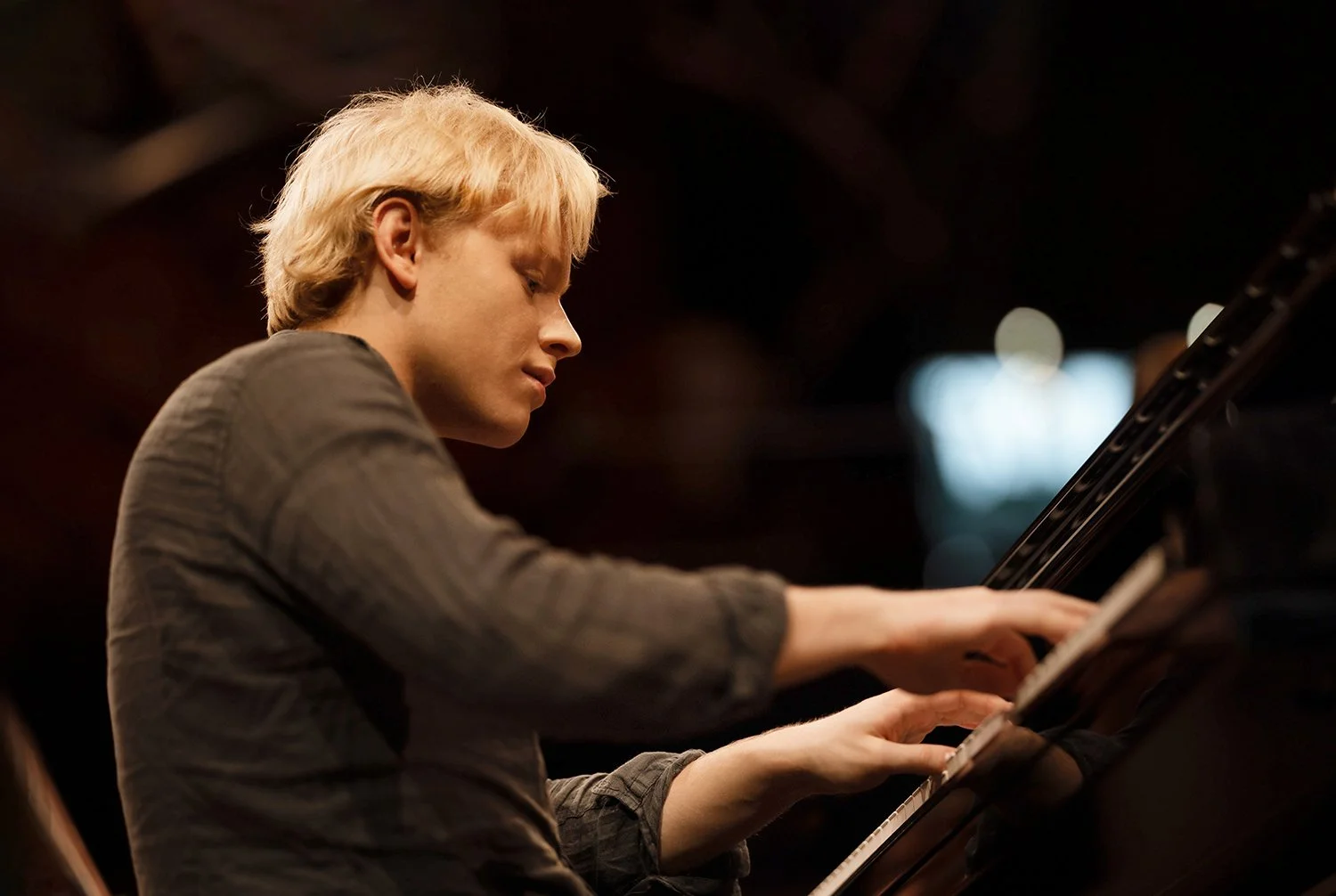


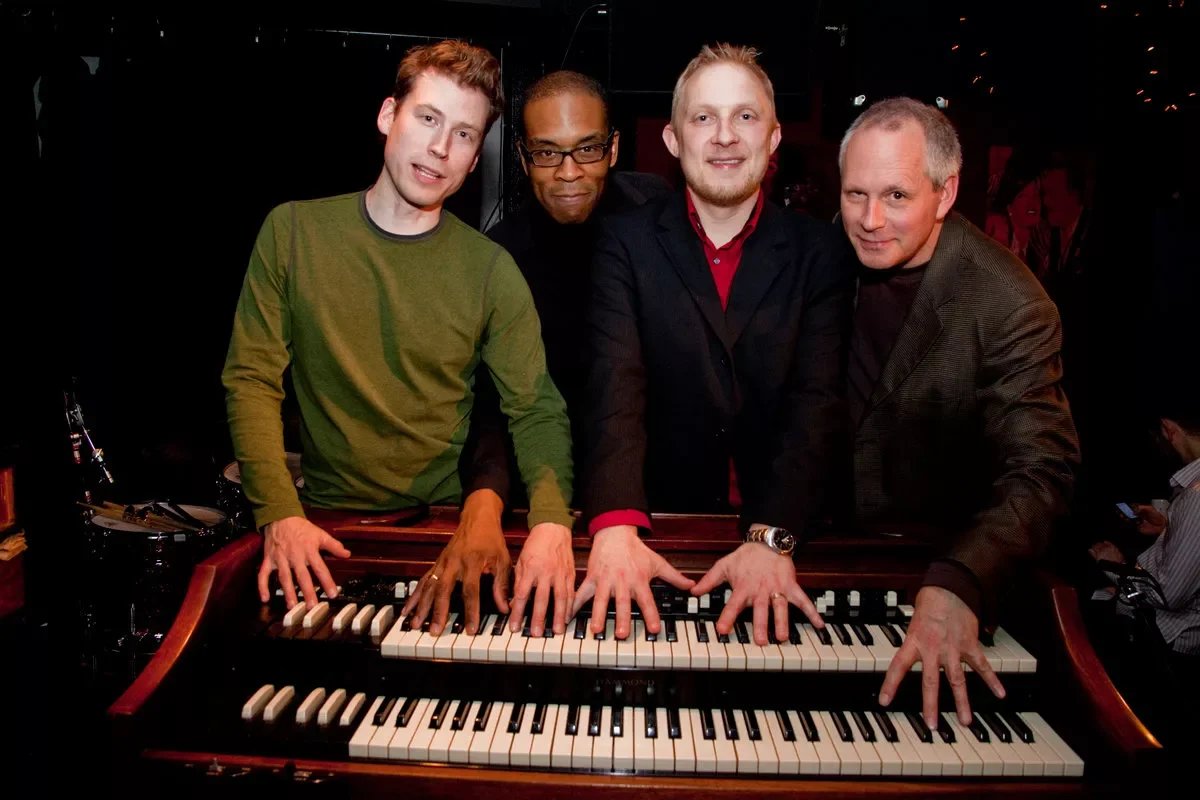



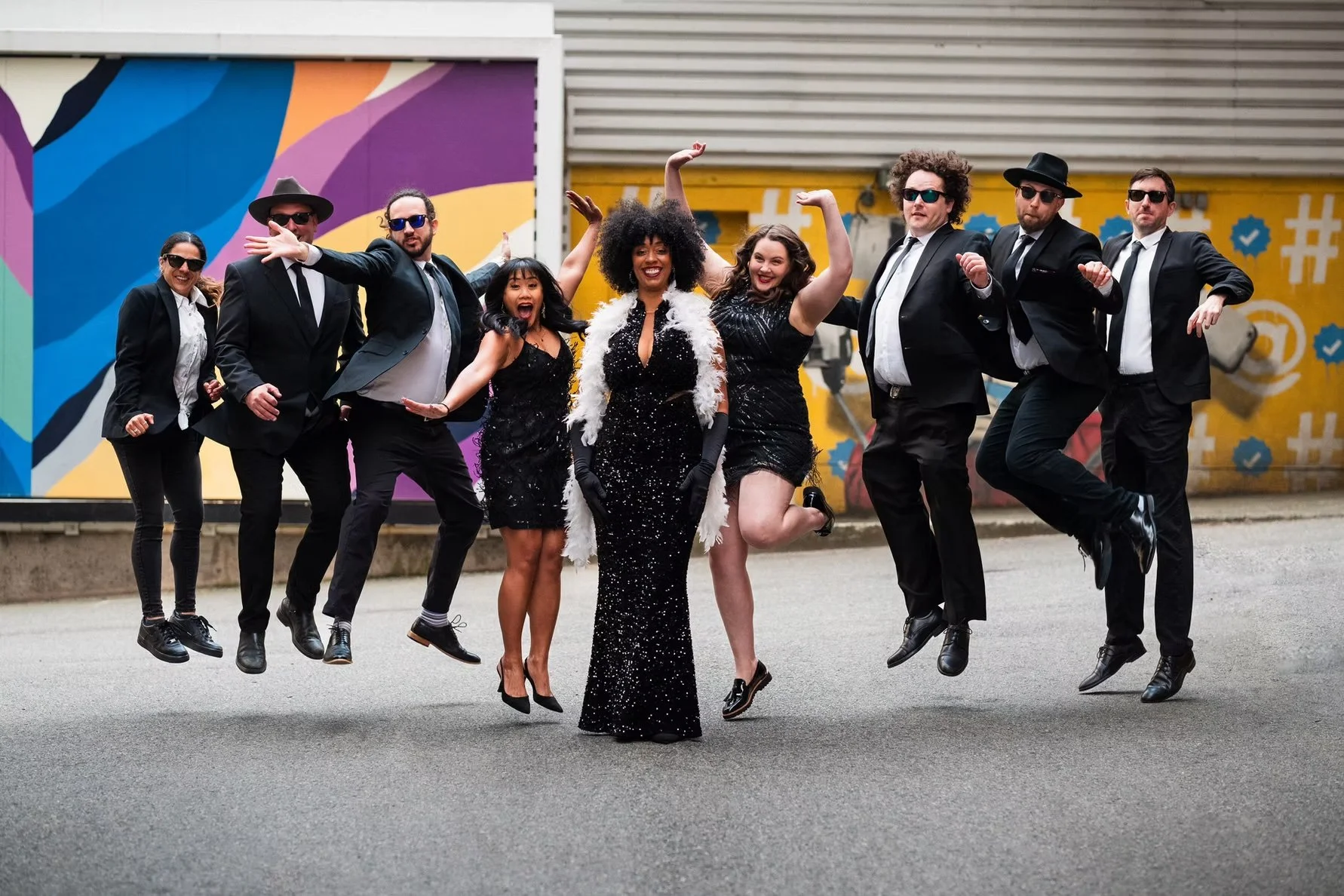


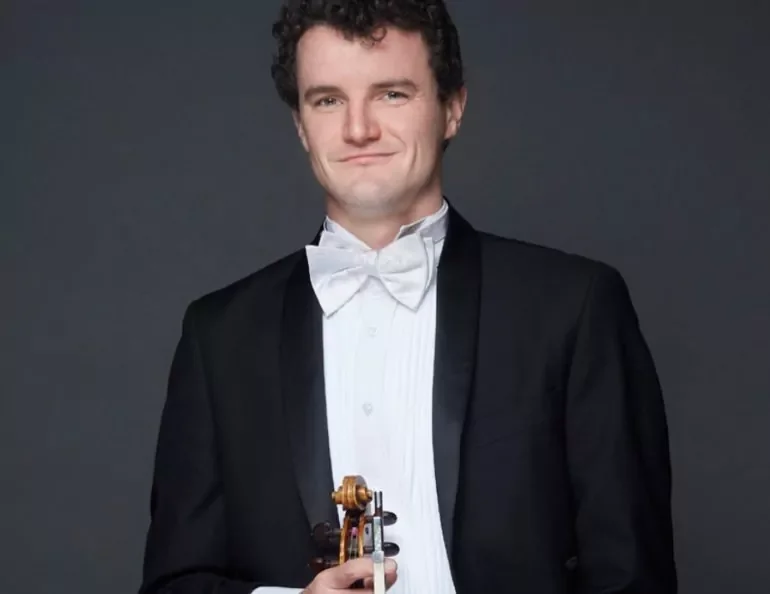

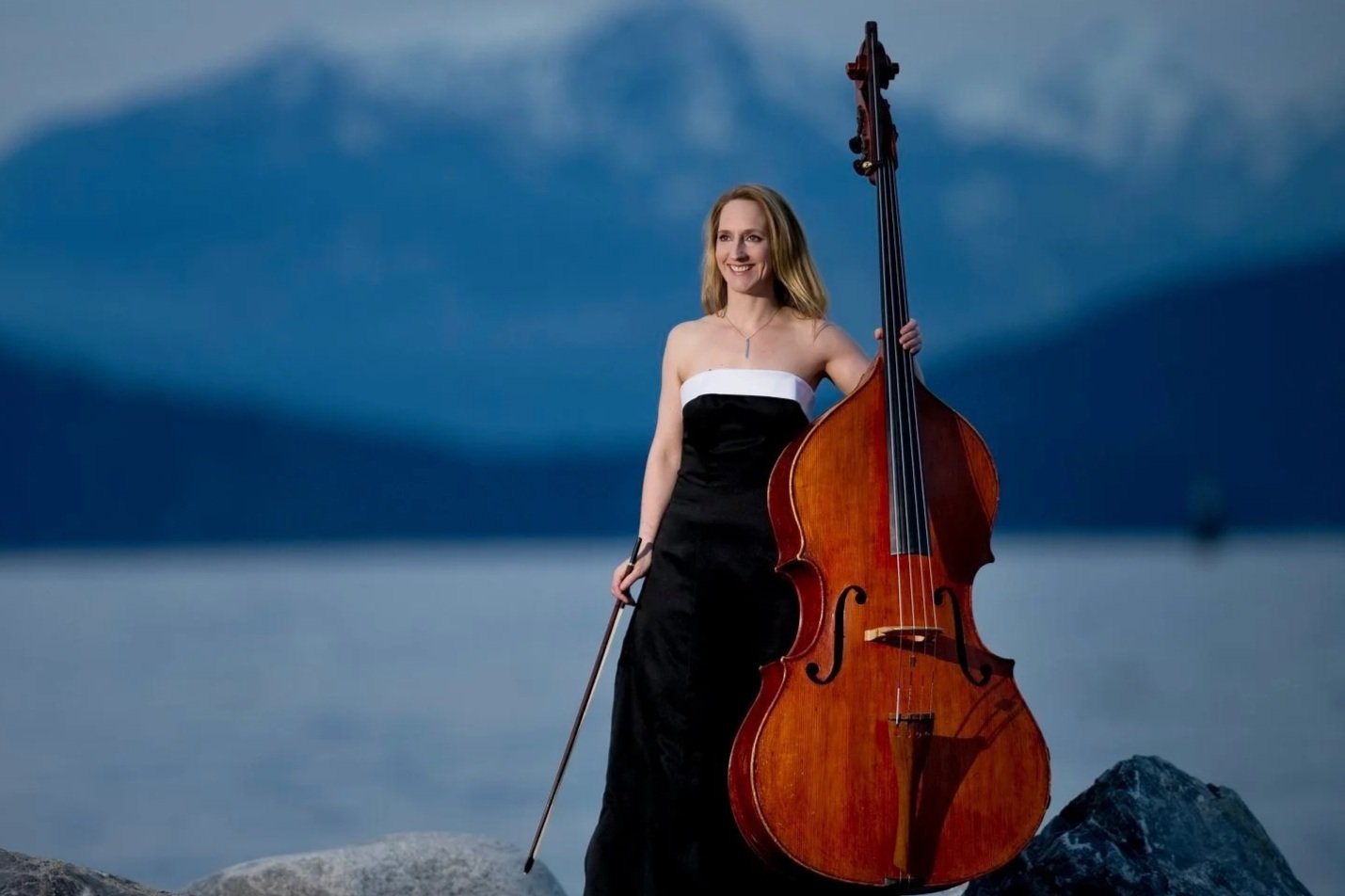



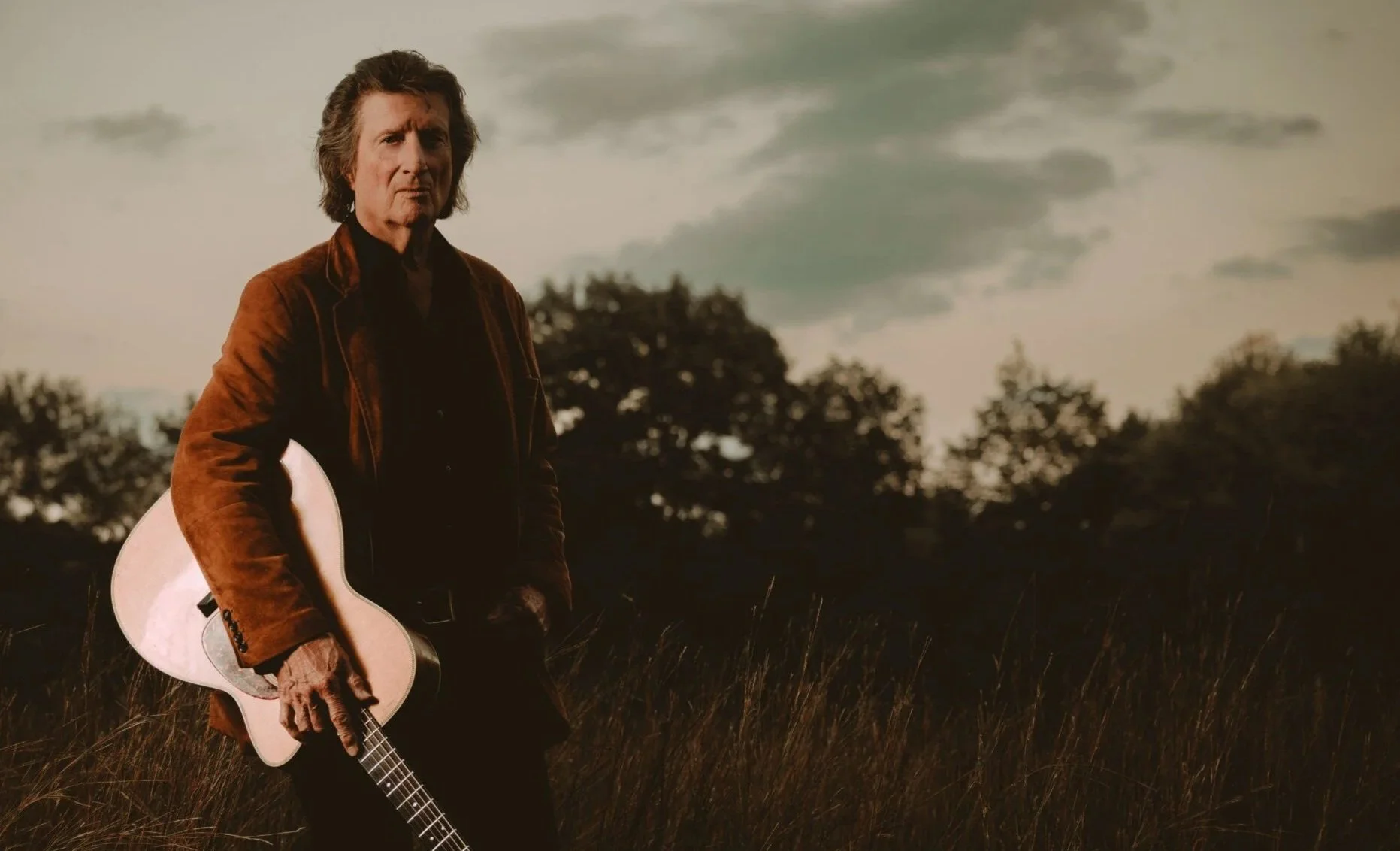

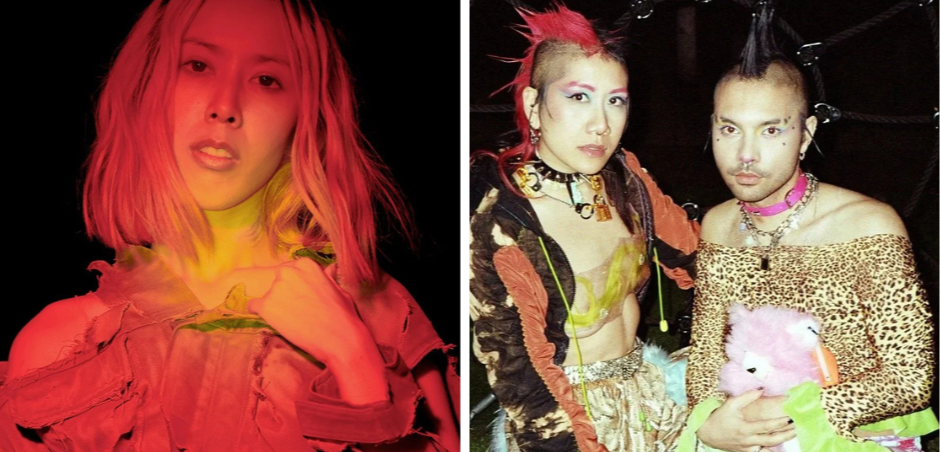
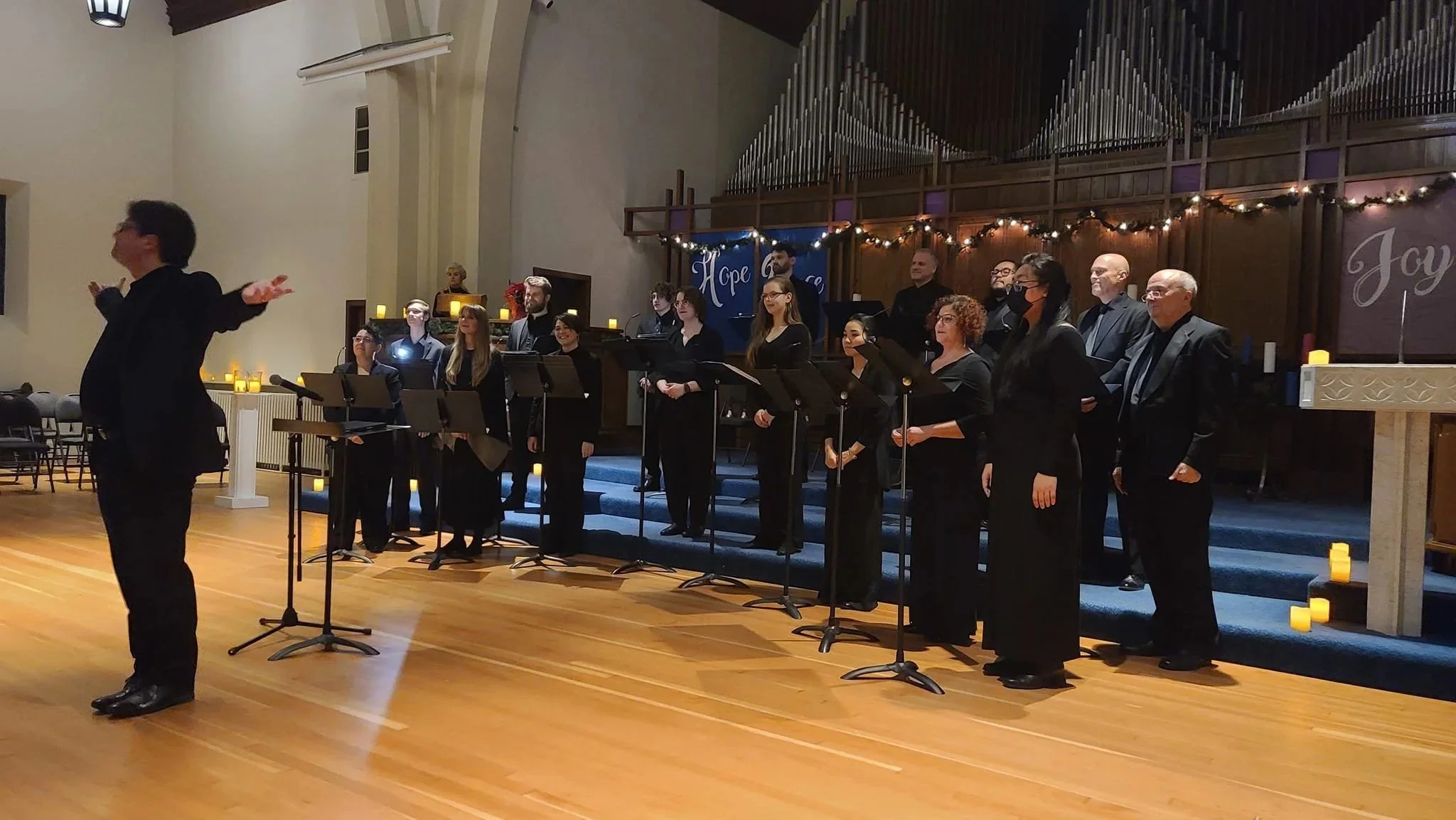
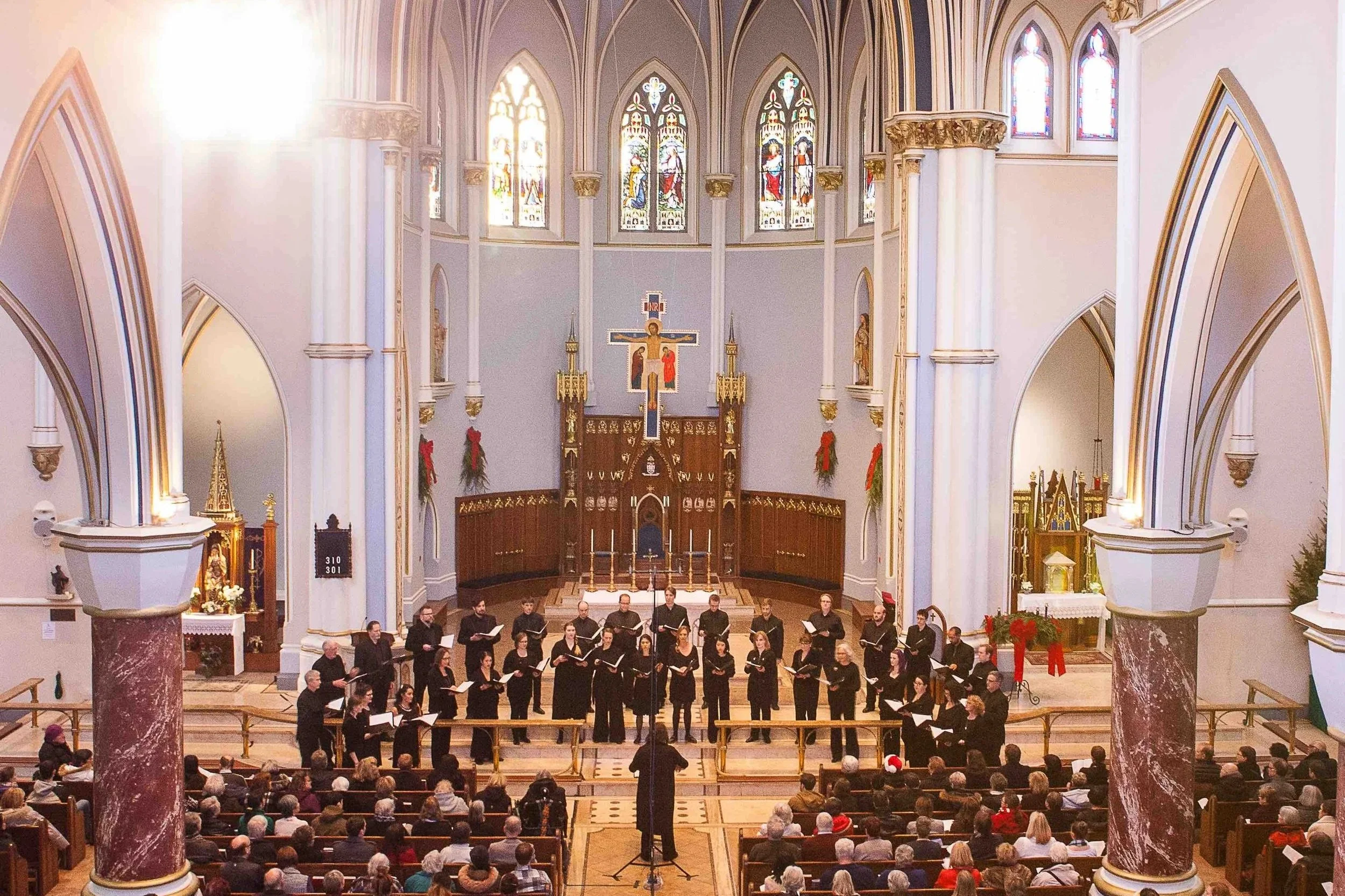

Beloved Mozart work features fantastical characters and a killer Queen of the Night aria